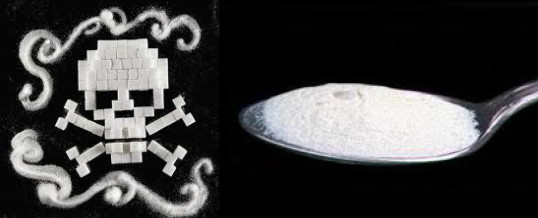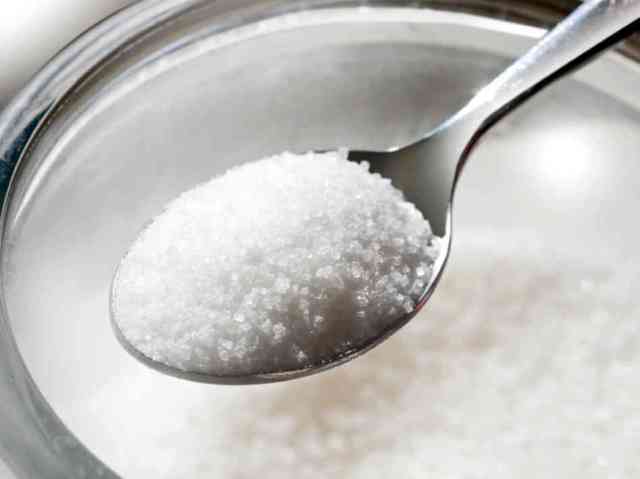I have neglected this blog for several weeks due to my schedule but I continue to run across articles that interest me and this is one of them. I decided to share it here even though I didn’t write it myself. I envisioned this space as a place to share different ideas to help us all live Healthier and Happier. For many years I have studied how highly successful people accomplish so much in comparison to “regular folk”. It fascinates me to watch the decisions they make and the actions they take along the way. This article outlines 4 habits that have helped many people succeed in life. It was written by Matt Mayberry for Entreprenuer magazine earlier this year.
Whether it’s a famous CEO, professional athlete, superstar entrepreneur or anyone who is thriving at the highest level of their profession, chances are they didn’t just wake up one day and be in that position that they are in. There is no doubt about it that there are some who are ridiculously gifted at what it is they do and were destined since day one to make it to the top, but even then when you dig a little deeper, you will come to the realization that their habits is what ultimately drove and determined their success.
There may not be anything more important to ensure future success than to adopt world-class habits and master them daily.
Here are four habits that the highly successful have mastered.
- They use failure and adversity as a springboard to greater success.
No matter how big or small it may be, we have the choice whether or not failure and adversity is going to serve as a roadblock for lack of achievement or springboard to greater success.
The highly successful use their failures and adversities throughout the course of their life to help them grow and reach new heights of success. If you can adopt this often-challenging but greatly rewarding habit into your life, you are putting yourself in a fantastic position to win and become the best version of yourself.
- They are obsessed about energy management.
We hear all the time about time management and how important it is, but I strongly believe that energy management is more important than time management. You can manage your time well, but that does absolutely no good if you direct all of your energy towards low-rewarding and tedious tasks. The highly successful are fanatics about time management, but they also are even more obsessed with where they direct their energy every minute of every day.
Something that I am always looking at is ROE (return on energy), and that’s how I eventually decide what gets my attention on a daily basis. Time management is important, and I think you should constantly look for ways to better manage your time, but don’t forget about the importance of energy management. Stop wasting valuable energy on low-rewarding tasks that don’t inch you closer to the achievement of a major goal of yours or living out your purpose.
- They never stop learning.
The highly successful are lifelong learners. I have never met someone at the top of their game and doing magnificent things in the world who weren’t lifelong learners and always searching for ways to develop the skill set and expand their knowledge. A sad reality is that most people stop learning the second they finish their formal education. Don’t be like most people. Commit to becoming a lifelong learner, and join the ranks of a very small percentage of people that get to reap the tremendous benefits of doing so.
- They have an incredible vision for their life.
Having a great vision and seeing yourself beyond your current circumstances is a habit, because it is something that you must do every single day. The older we get in life, the more we experience failure and adversity. One day you can be extremely happy and then the next day you can be completely miserable. Having an incredible vision for your life must be an everyday habit that you not only incorporate into your daily life, but also work to carry out that vision every minute of every day.
The highly successful visualize themselves succeeding and achieving their loftiest goals and dreams in life way before they actually do so. Having an incredible vision for your life is only half the battle, believing that you fully can make it come true and then working daily to bring that vision to life is what brings everything full circle. Start to create an incredible vision for your life if you haven’t done so already, and then develop your self-belief while working diligently to bring that vision to reality.
Becoming the best you and reaching your full potential all comes down to your daily habits. Incorporating the above four habits into your life can be a complete game changer for you.
Matt Mayberry







